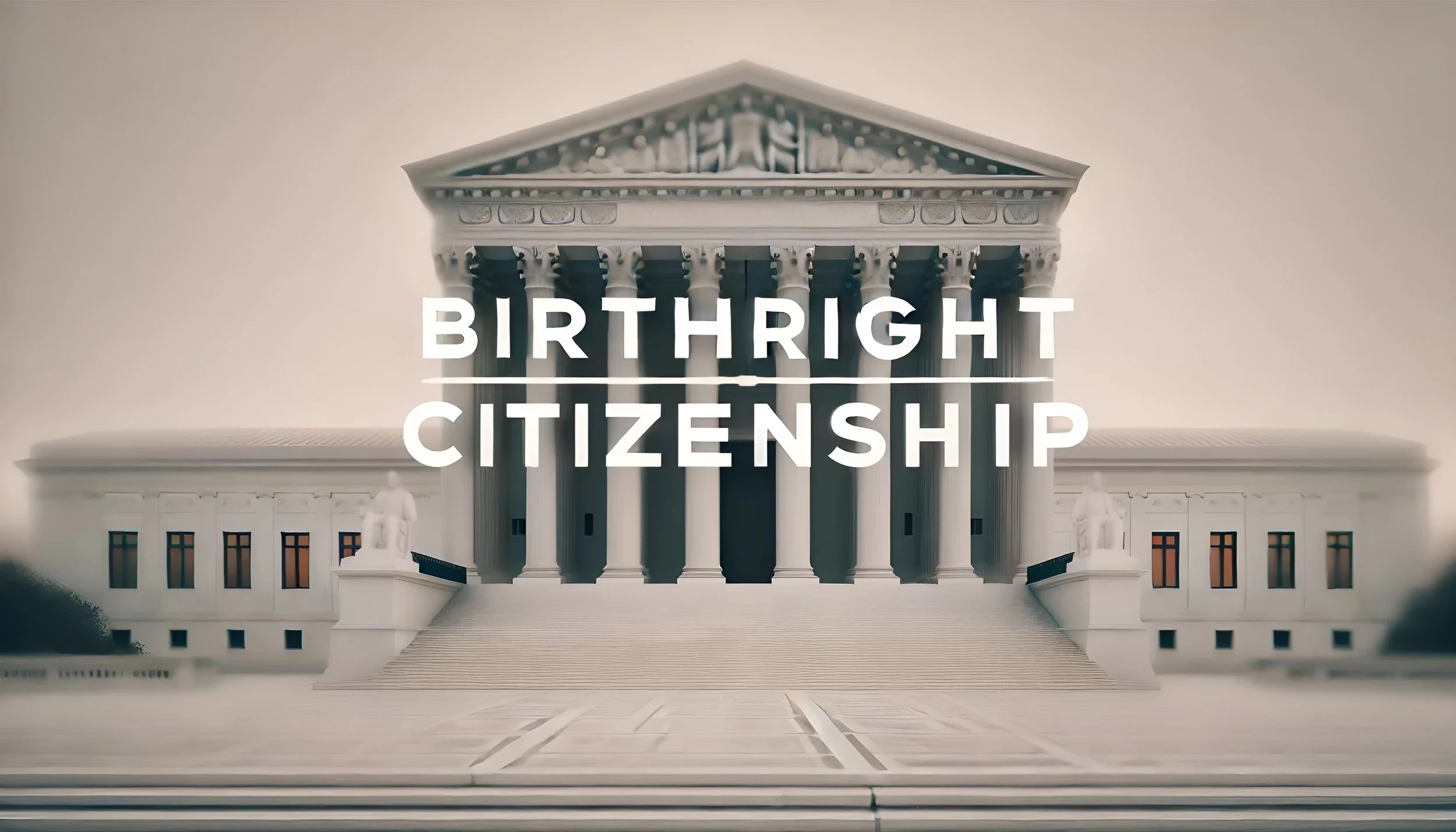Constitutional Limitations
The U.S. Supreme Court has issued an opinion to limit so-called “universal injunctions” or “nationwide injunctions.” The decision, which comes as part of a larger challenge to the administration’s interpretation of birthright citizenship (the merits of which were not decided by the opinion), will have a significant impact in how judicial adjudications are handled across a wide range of issues. The opinion was authored by Justice Amy Coney Barrett and was decided by a 6-3 vote along ideological lines.
Analysis and eternal perspective: Article III of the U.S. Constitution states: “The judicial Power of the United States, shall be vested in one supreme Court, and in such inferior Courts as the Congress may from time to time ordain and establish.”
The very first Congress of the United States used this power to pass the Judiciary Act of 1789, which created “lower courts” (both district or “trial” courts and circuit or “appeals” courts). Even so, there remains a distinction between the source of the U.S. Supreme Court’s authority—which comes directly from the text of the U.S. Constitution—and the source of the lower courts’ authority—which is derived from statute, and as such is subject to restriction, limitation, or even elimination by the same method.
This week’s ruling is an acknowledgment of constitutional limitations on the Article III branch. The judicial branch has significant powers, but also clear limitations. It is empowered to decide “cases and controversies,” but not to legislate. This week’s opinion restrains the lower courts’ authority to only the parties involved in the dispute before them, and leaves any broader decision-making authority to the legislature and, in “cases and controversies,” to the U.S. Supreme Court.
The other federal branches—the legislative branch and the executive branch—are similarly empowered with specific authority and tools, and similarly restricted by bounds and limitations to those powers. This balance and tension is an intentional feature of the republican form of government established by the Founders.
Earthly freedom—including the ability to participate in self-governance—is a gift that reflects the character of your Creator. As a Jesus follower, you also know and understand that “all authority in heaven and on earth” belongs to Jesus (Matt 28:18).
Human authorities need limitations.
Your God’s authority is boundless—against both time and any other human consideration.
The following article originally appeared in Thann’s “The Equipped” Weekly Newsletter. For more information on Thann’s weekly email, click here.

